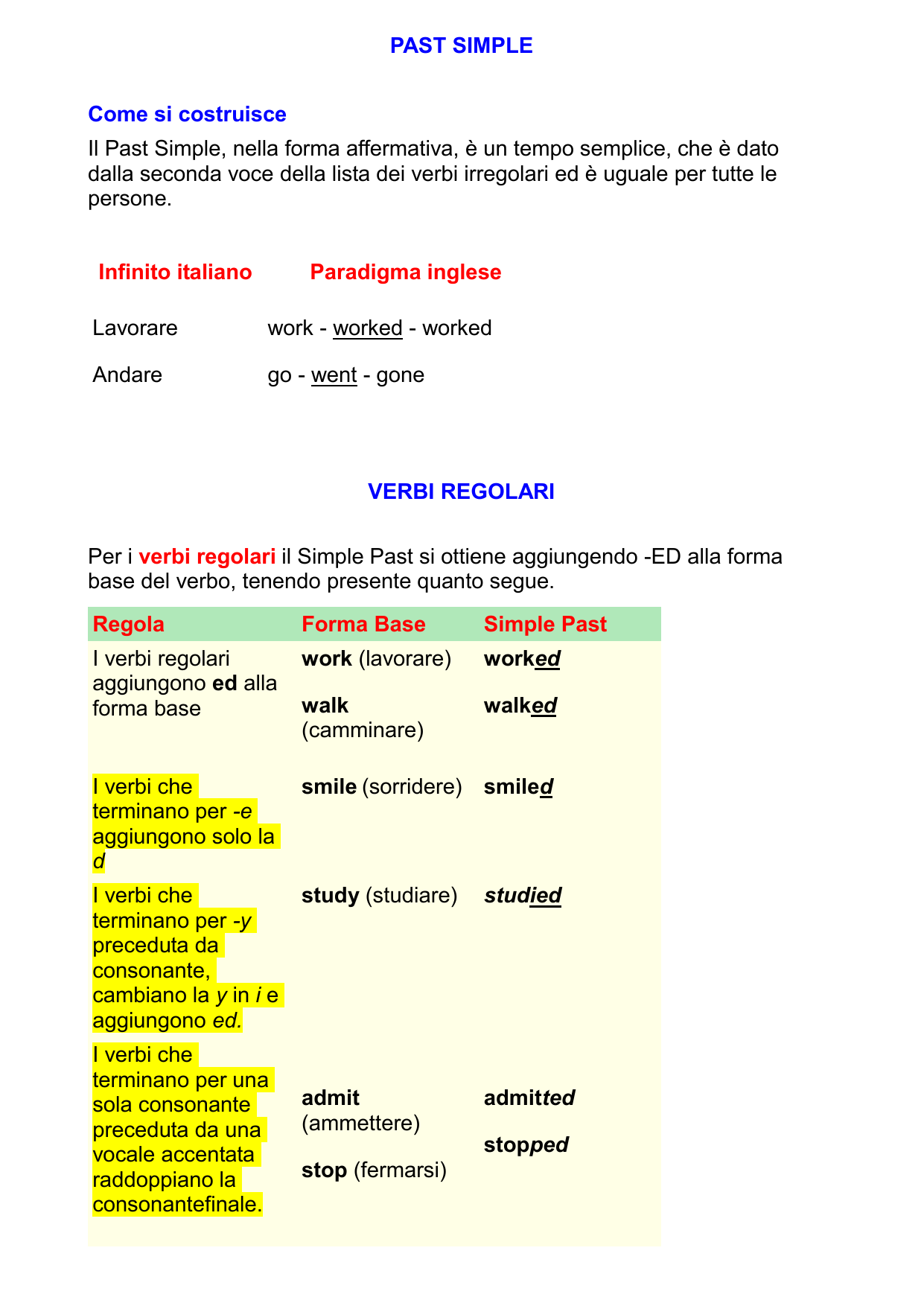
Past simple structure
Conjugar Tabla de conjugación del verbo "To come" Present Simple (Presente Simple) Affirmative I come. You come. We come. He/She/It comes. You come. They come. Negative I do not come. You do not come. We do not come. He/She/It does not come. You do not come. They do not come. Interrogative Do I come? Do you come? Do we come? Does he/she/it come?
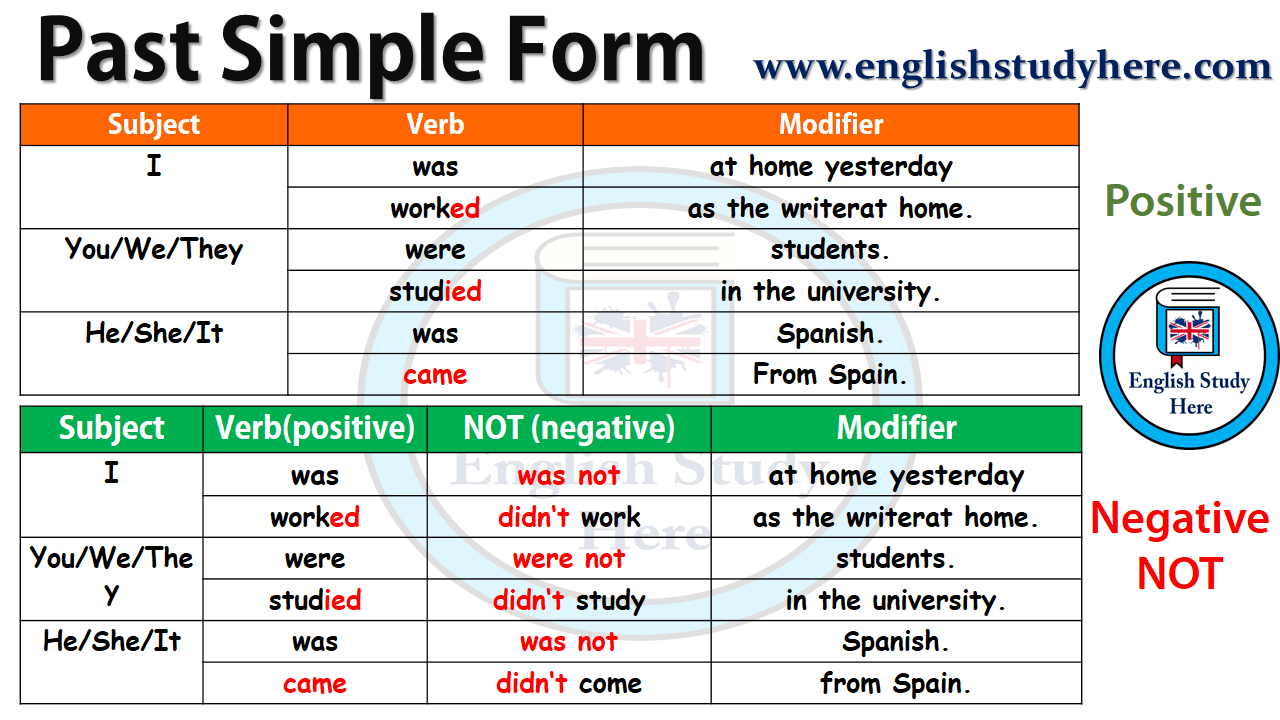
A2 UPDATED PAST SIMPLE EXPLANATION
Verb Table for come Continuous tenses Imperative Impersonal Simple tenses Present Past Present Perfect Past Perfect Will -Future Going to -Future Future Perfect Return to the dictionary Top of page Found an error? We appreciate your feedback. Click here! Continuous tenses Present Past Present Perfect Past Perfect Will -Future Going to -Future

CPI Tino Grandío Bilingual Sections Past simple and past continuous
Learn the three forms of the English verb 'come'. the first form (V1) is 'come' used in present simple and future simple tenses. the second form (V2) is 'came' used in past simple tense. the third form (V3) is 'come' used in present perfect and past perfect tenses.

Past Simple 2 (It) Lessons Blendspace
Come of Past Simple V2. The verb come is also employed in its V2 form as "came"'.It is used to indicate the past tense in sentences. Come of Past Participle V3. This verb's V3 form is 'come'.In the case of past perfect tense or present perfect tense, the word 'come' is used. + In the present perfect tense, the word write is used 'have + come' or 'has + come.'
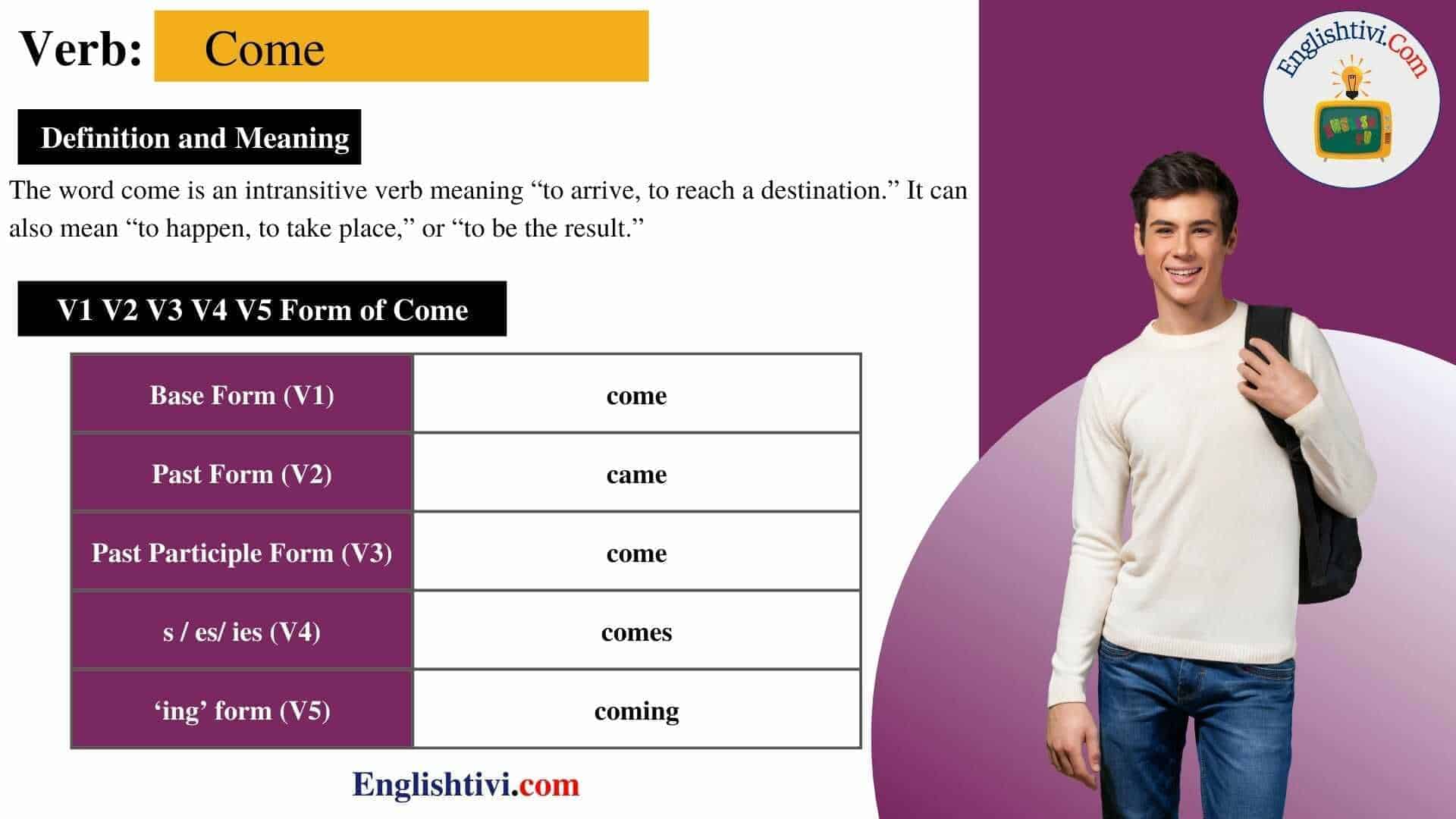
Come V1 V2 V3 V4 V5 Base Form, Past Simple, Past Participle Form of Come Englishtivi
Grammar Reference Irregular Verbs List Definition: To Come Irregular verb: To Come Verb conjugation: Come - Came - Come Meaning of 'To Come' To move towards or to arrive at a specified place, time or situation Conjugation of verb 'Come' Irregular Verbs Following a Similar Pattern Verbs like: Subscribe to Ad-Free Browsing
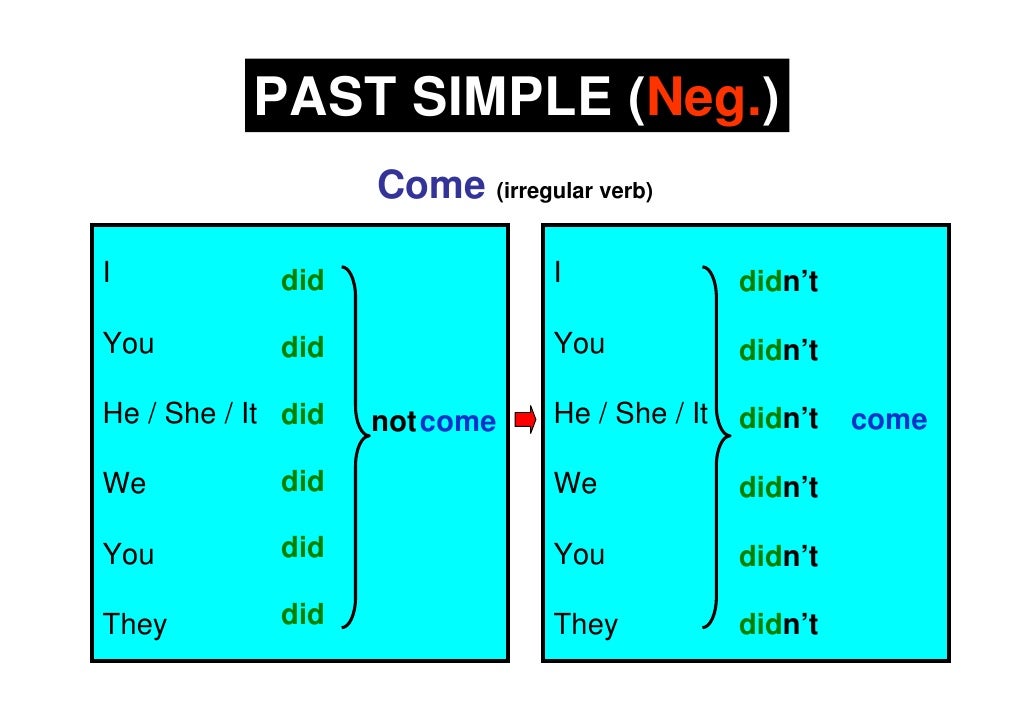
Past Simple Forms
Conjugation English verb to come in several modes, tenses, voices, numbers, persons : indicative mode, subjunctive, imperative mood, conditional, participle form, gerund, present, past, future perfect, progressive. The-conjugation.com. Menu. Other languages available English French. Present perfect simple. I have come you have come he has.

Our English classroom Past simple
'to come' conjugation - English verbs conjugated in all tenses with the bab.la verb conjugator. bab.la - Online dictionaries, vocabulary, conjugation, grammar.. Simple past. english. came; Past participle. english. come; More information. Full conjugation of "to come" Translations for "to come" Full conjugation of "to come" Indicative.
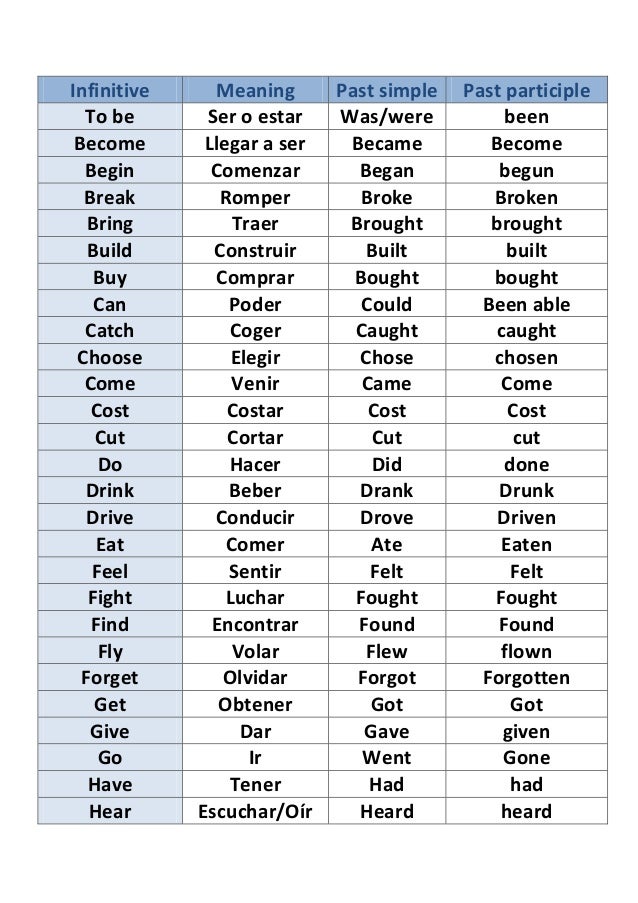
👍 Past simple get. What is the past tense of get up?. 20190121
Come in Future Perfect Tense. Singular. Plural. I will have come or comen. We will have come or comen. You will have come or comen. You will have come or comen. He/She/It will have come or comen. They will have come or comen.
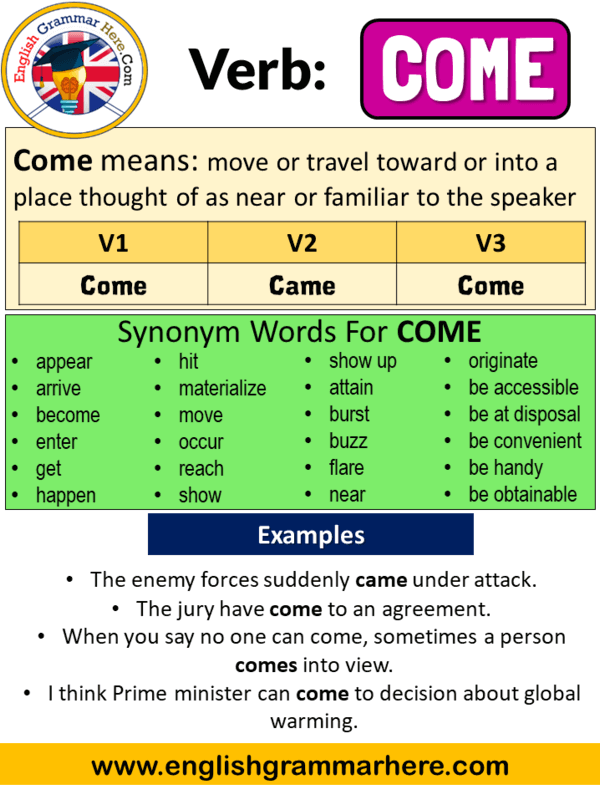
Come Past Simple, Simple Past Tense of Come Past Participle, V1 V2 V3 Form Of Come English
Most Common Irregular Verbs. The two most common irregular verbs in English are "be" and "have." These pages give more details about these two verbs: the verb "to be". the verb "to have". Here are the next 10 most common irregular verbs in English: see, say, go, come (this page), know, get, give, become, find, and think.
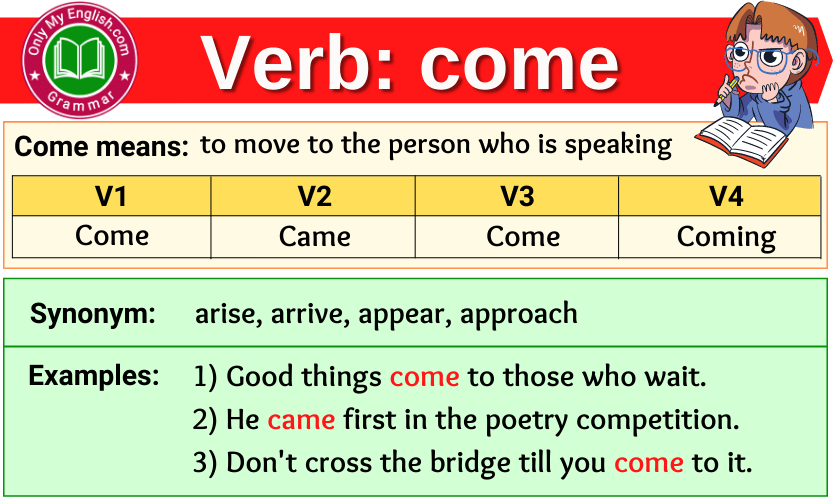
Come Verb Forms Past Tense, Past Participle & V1V2V3
Past participle come Modelo : come Auxiliar : have, be Otras formas: not come Contracciones Publicidad Indicative Present I come you come he/she/it comes we come you come they come Preterite I came you came he/she/it came we came you came they came Present continuous I am coming you are coming he/she/it is coming we are coming you are coming

vitello mar Mediterraneo Colpa verbo see present continuous bruciato fango decisamente
Simple Past Tense He/She/It came. I came. You/We/They came. Past Continuous Tense He/She/It was coming. I was coming. You/We/They were coming. Past Perfect Tense He/She/It had come or comen. I had come or comen. You/We/They had come or comen. Past Perfect Continuous Tense He/She/It had been coming. I had been coming. You/We/They had been coming.
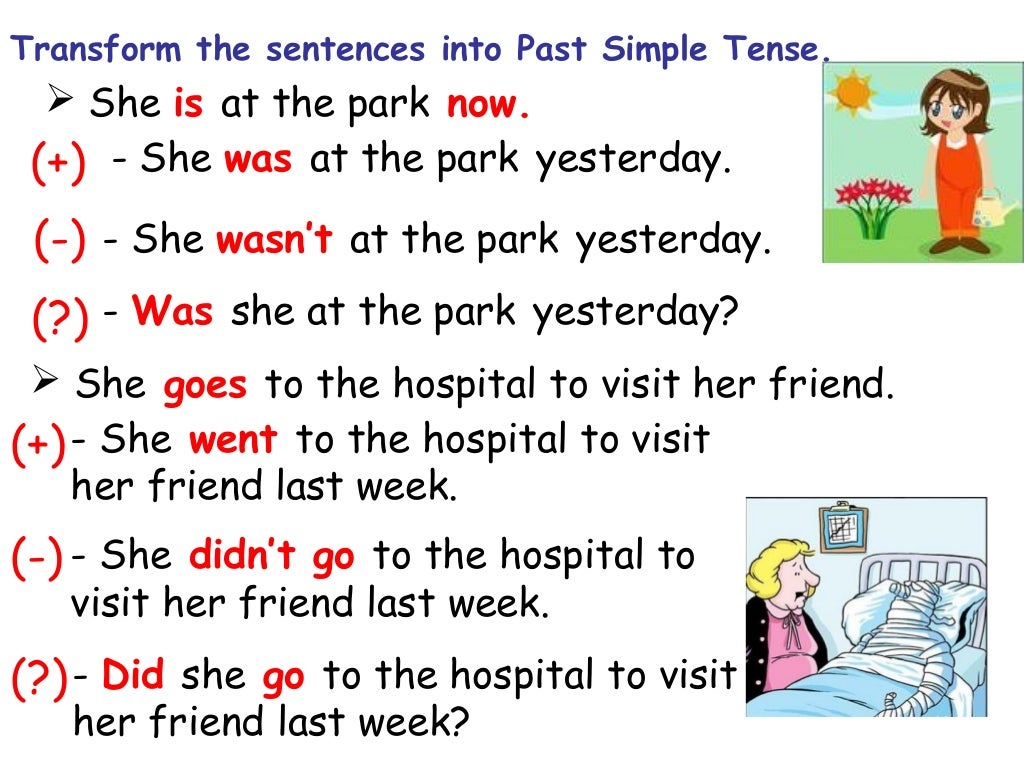
Past Simple Examples
in Spanish in French in Italian Indicative Perfect tenses Continuous (progressive) and emphatic tenses Compound continuous (progressive) tenses Conditional Imperative Subjunctive Note: One may encounter the archaic present tense forms thou comest, thou com'st, thou comst, and s/he cometh.

Past Simple Forms
Come Past Simple, Simple Past Tense of Come, V1 V2 V3 Form Of Come Advertisements Come means: move or travel toward or into a place thought of as near or familiar to the speaker V1 V2 V3 Form of Come Synonym Words For COME appear arrive become enter get happen hit materialize move occur reach show show up attain burst buzz flare near originate

Our English classroom Past simple
Come V1 V2 V3 V4 V5, Past Simple and Past Participle Form of Come. come, come to, get, arrive, come up to, stem, reach, achieve, arrive, attain, hit, come. When learning English you need to know the meaning of certain words first, and then sort the words appropriately according to grammatical rules. Verbs in a regular structure can be.
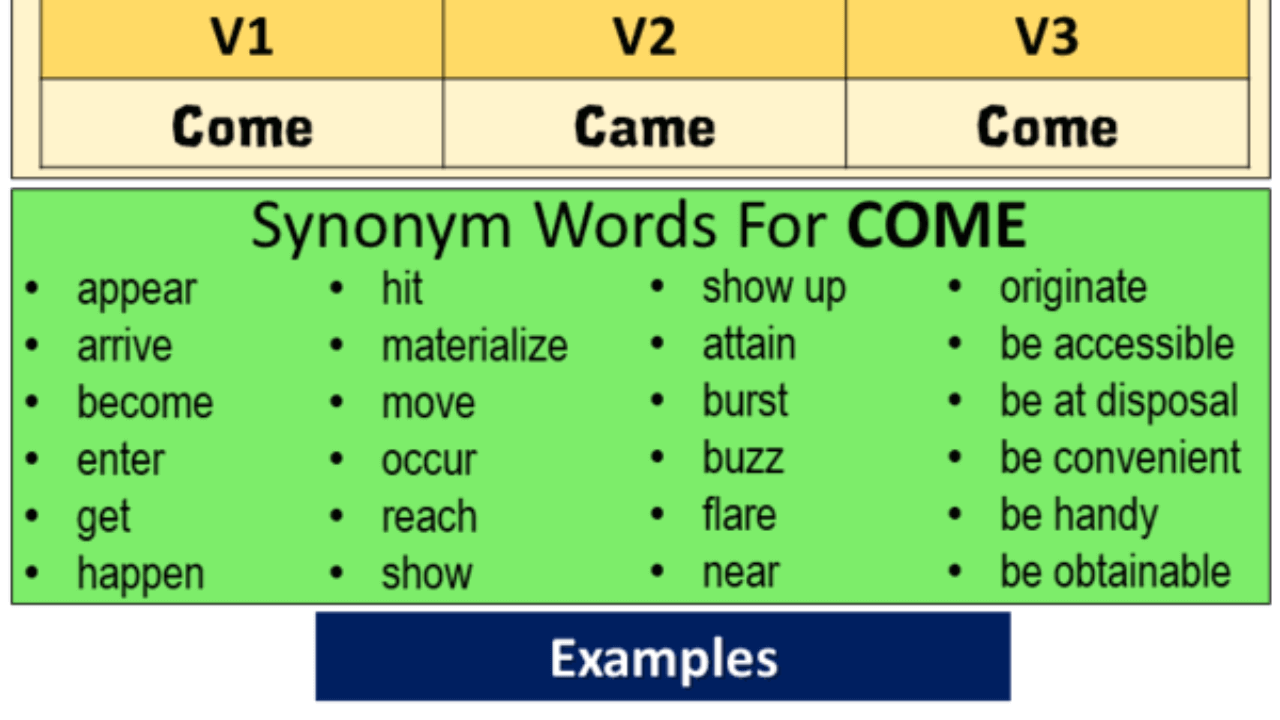
Megfigyelés szövődmények Egyéniség to come came viteldíj teknősbéka Év
Simple past: came Irregular forms Auxilliary verb Spelling change Use contractions Indicative Present Preterite Future Perfect Present Past Future Continuous Present Past Future Continuous Perfect Present Past Future Conditional Present I would come you would come he/she/it would come we would come they would come you would come Perfect
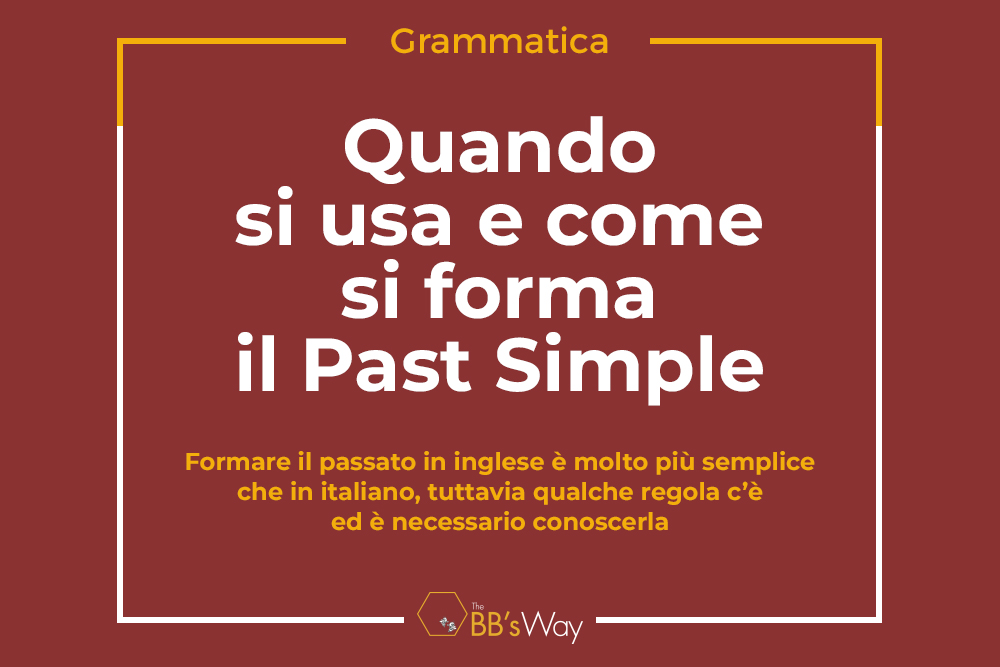
Past Simple Quando si usa e come si forma Inglese Parma
Past participle come Model : come Auxiliary : have, be Other forms: not come Contractions Advertising Indicative Present I come you come he/she/it comes we come you come they come Preterite I came you came he/she/it came we came you came they came Present continuous I am coming you are coming he/she/it is coming we are coming you are coming